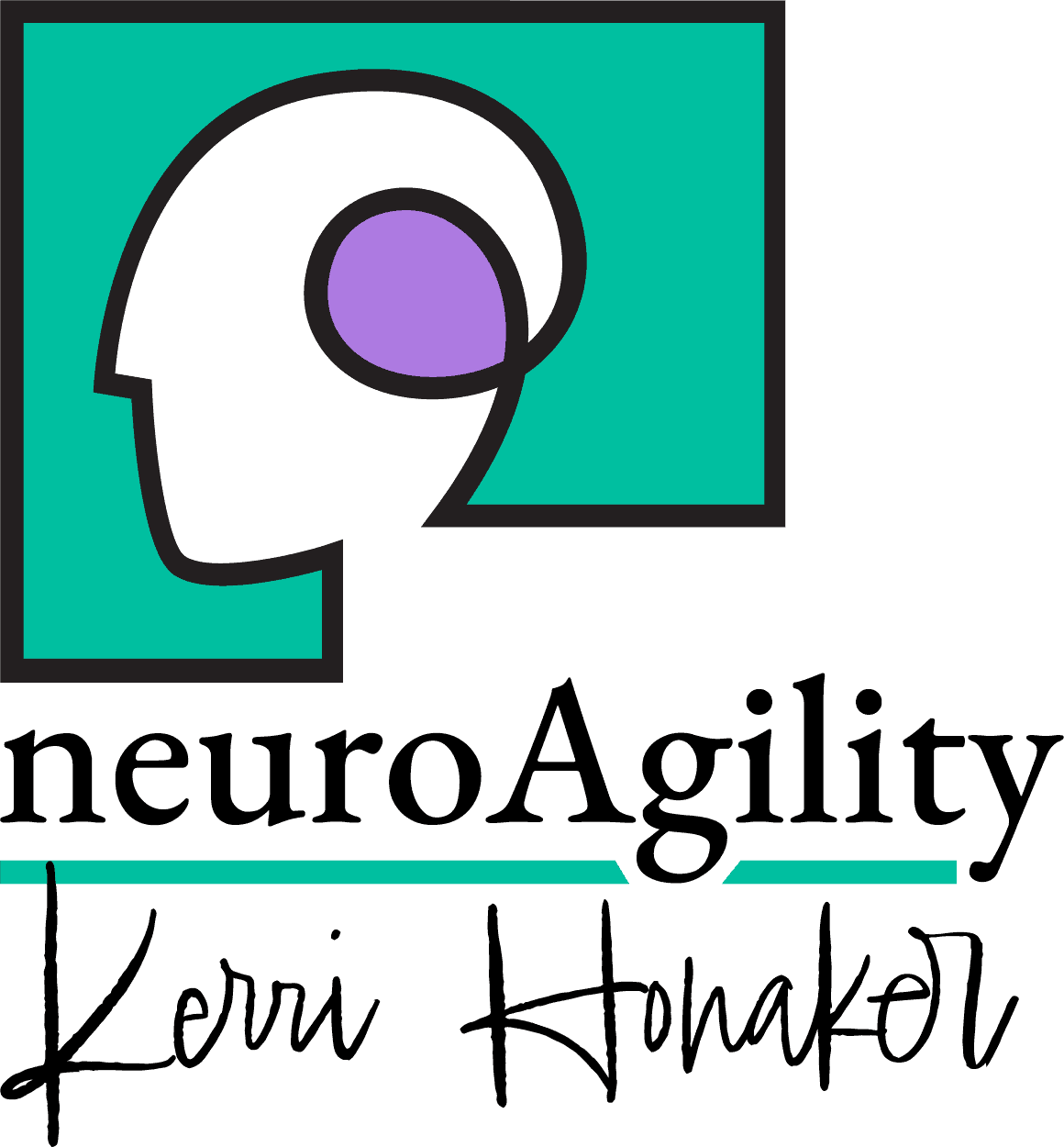Uncategorized
-
Germs in Your Gut Are Talking to Your Brain. Scientists Want to Know What They’re Saying.
·
The body’s microbial community may influence the brain and behavior, perhaps even playing a role in dementia, autism and other disorders. Read full article: The New York Times, “Germs in Your Gut Are Talking to Your Brain. Scientists Want to Know What They’re Saying.”
-
The Single Most Important Thinking Skill Nobody Taught You
·
“Those who cannot change their minds cannot change anything.” George Bernard Shaw said that. And Einstein also said, “The measure of intelligence is the ability to change.” Life is neither static nor unchanging, it’s fluid. Nothing stays the same. Elastic thinking (experts may call it cognitive flexibility) allows us to shift gears and think about something…
-
Falling for Sleep
·
In Evelyn De Morgan’s numinous painting, Night and Sleep (1878), Nyx, the mighty Greek goddess of night, hovers across a dusky sky with her beloved son Hypnos, the sweet-natured god of sleep. The painting and the Greek gods it captures depict a radically different way of understanding and relating to sleep. In antiquity sleep was personified, transcendent, even romantic.…
-
Kids Can Eat Free if Parents Don’t Use Their Phones at This Restaurant
·
Parents who give up their phones during dinner will be rewarded with free meals for their kids at one U.K.-based restaurant chain. For the first week of December, Frankie & Benny’s is running its “no-phone zone” campaign in an attempt to improve family interactions at the dinner table. Read full article: Fatherly, “Kids Can Eat Free…
-
THE EDUCATIONAL TYRANNY OF THE NEUROTYPICALS
“Neurotypical” is a term used by the autism community to describe what society refers to as “normal.” According to the Centers for Disease Control, one in 59 children, and one in 34 boys, are on the autism spectrum—in other words, neuroatypical. That’s 3 percent of the male population. If you add ADHD—attention deficit hyperactivity disorder—and…
-
To Remember, the Brain Must Actively Forget
·
What hasn’t received nearly as much attention from memory researchers is how the brain forgets. “The vast majority of the things that are happening to me in my life — the conscious experience I’m having right now — I’m most likely not going to remember when I’m 80,” said Michael Anderson, a memory researcher at…
-
Escape to another world
·
As video games get better and job prospects worse, more young men are dropping out of the job market to spend their time in an alternate reality. Ryan Avent suspects this is the beginning of something big Read full article: The Economist 1843, “Escape to another world.”
-
Endless Gaming May Be a Bad Habit. That Doesn’t Make It a Mental Illness.
·
The World Health Organization last month added “internet gaming disorder” to its manual of psychiatric diagnoses, and the reaction was, shall we say, muted. At a time when millions of grown adults exchange one-liners with Siri or Alexa, the diagnosis seems years overdue, doesn’t it? Read full article, The New York Times, “Endless Gaming May…
-
“Traveling” Brain Waves May Be Critical for Cognition
·
The electrical oscillations we call brain waves have intrigued scientists and the public for more than a century. But their function—and even whether they have one, rather than just reflecting brain activity like an engine’s hum—is still debated. Many neuroscientists have assumed that if brain waves do anything, it is by oscillating in synchrony in…
-
4 simple exercises to strengthen your attention and reduce distractibility
·
Our attention gets hijacked by everything from the stress in our lives to the ding of our phones. Neuroscientist Amishi Jha shows how we can cultivate the ability to focus on what really matters. “I think, therefore I am distracted.” Read full article: TEDEd Lessons Worth Sharing, “4 simple exercises to strengthen your attention and…
